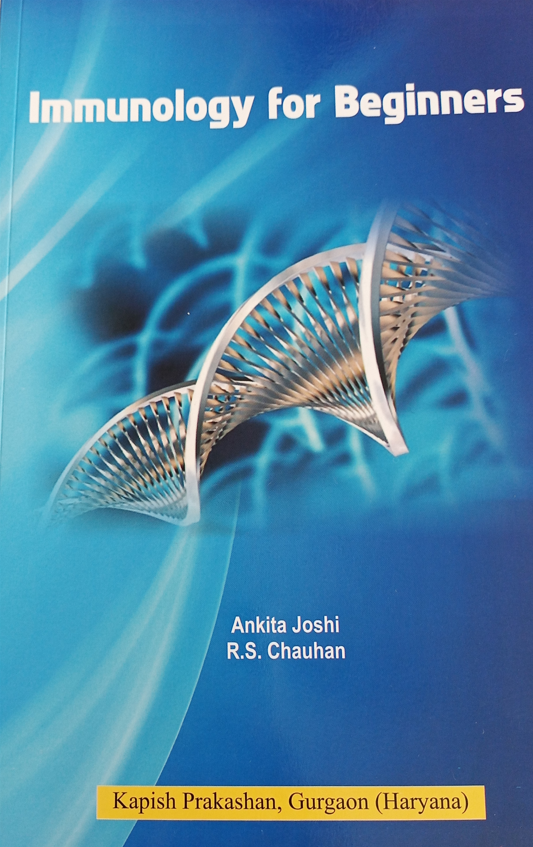Immunology for Beginners
Availability :
In Stock
₹ 234.00
M.R.P.:₹ 300
You
Save: ₹66.00 (22.00% OFF)
(Inclusive
of all taxes)
Delivery:
₹ 0.00 Delivery charge
Author:
Ankita Joshi, R. S. Chauhan
Publisher:
IP Innovative Publication Pvt. Ltd.
Edition:
First
ISBN-13:
9789391208257
Publishing Year:
2022
No. of Pages:
134
Weight:
250 g
Language:
English
Book Binding:
Paperback











